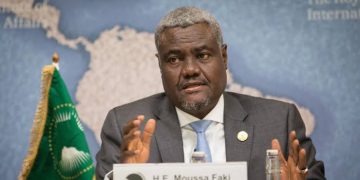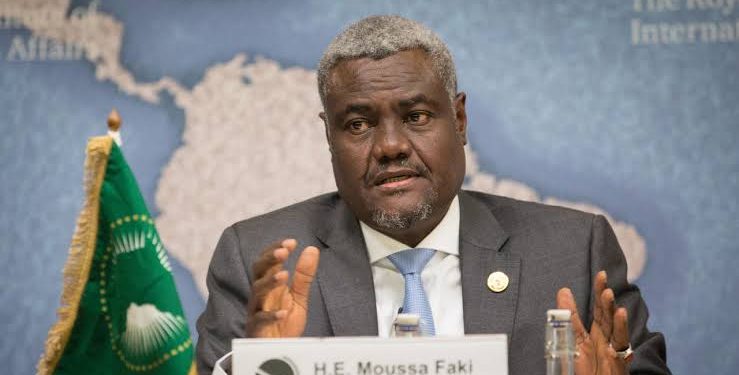By John Ikani
The African Union has suspended Mali’s membership in response to last week’s military coup and threatened sanctions if a civilian-led government is not restored, it said in a statement on Tuesday.
A statement released late on Tuesday by AU’s Peace and Security Council revealed that “the body decided to immediately suspend the Republic of Mali from participation in all activities of the African Union, its organs and institutions, until normal constitutional order has been restored in the country.”
It warned that if the military did not hand back power to civilian transitional leaders, “the Council will not hesitate to impose targeted sanctions and other punitive measures”
The move follows a similar suspension by the West African regional bloc ECOWAS on Sunday.
Developments that led to the suspensions
Last August, Goita led army officers who overthrew elected President Ibrahim Boubacar Keita, following mass protests over perceived corruption and a bloody insurgency.
After the takeover, the military agreed to appoint civilians as interim president and prime minister under the pressure of ECOWAS trade and financial sanctions.
However, Mali’s military, in a move that provoked a diplomatic uproar, arrested interim President Bah Ndaw and Prime Minister Moctar Ouane last week and pressured them to resign, derailing a transition to democratic elections after another military coup last August ousted the previous administration.
Former vice president Assimi Goita, a colonel who led the August coup and last week’s revolt, was declared president on Friday.
Mali’s neighbours and international powers fear the latest revolt will jeopardise a commitment to hold a presidential election in February and undermine a regional fight against Islamist militants, some of which are based in Mali’s desert north.
What effect will the suspensions/sanctions have?
Mali is among the world’s poorest countries, and the previous ECOWAS sanctions, coupled with sanctions threatened by the AU is expected to hit the country hard.
The suspensions and sanctions also come at a time that Mali is waging war against an armed uprising which first emerged in the north of the country in 2012 and has since spread to Burkina Faso and Niger, leaving swaths of the vast nation of 19 million people outside government control.




































